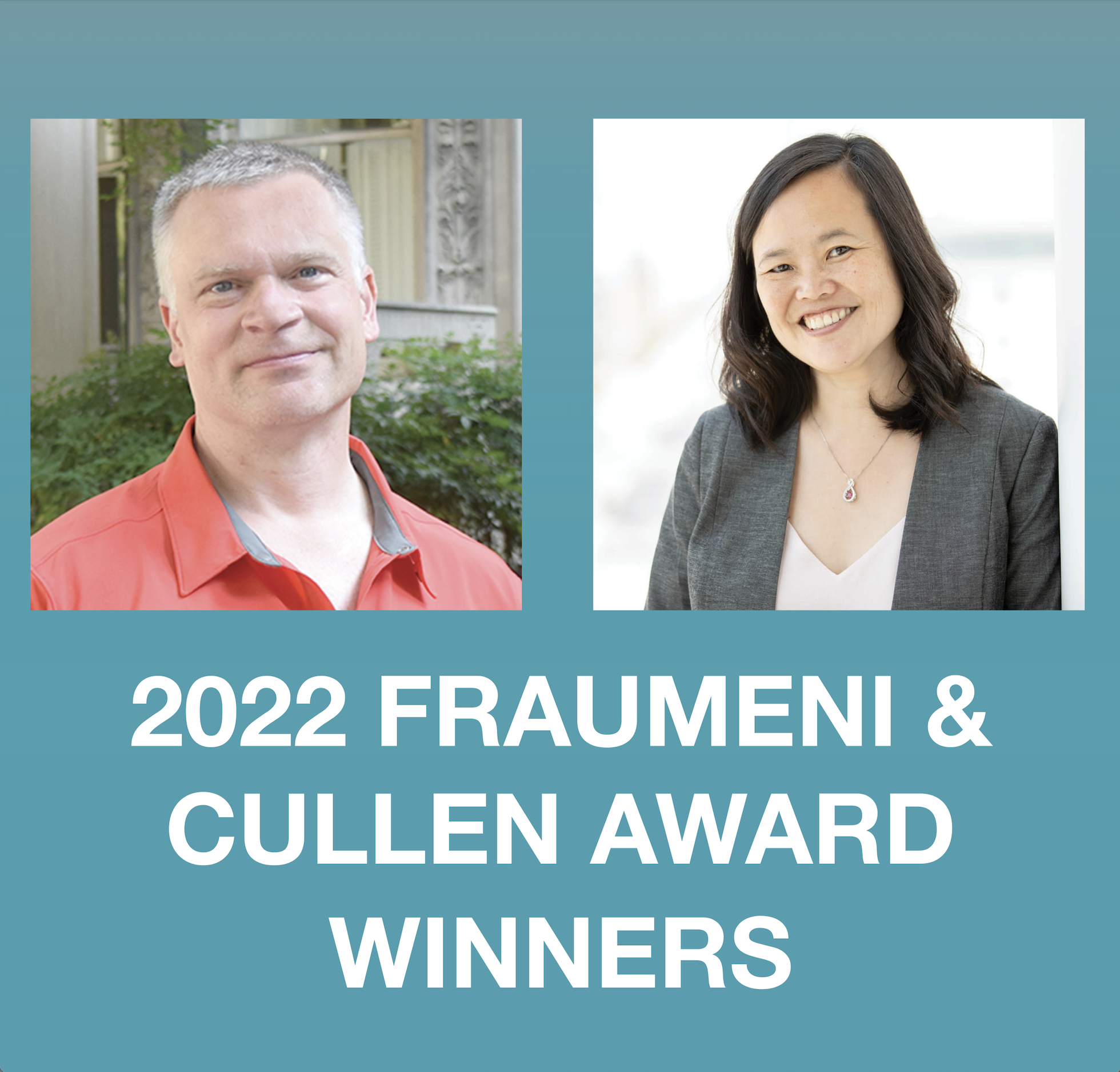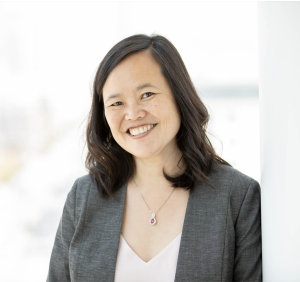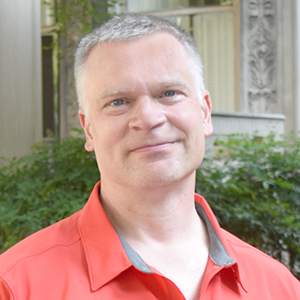2022 Fraumeni & Cullen Awards

Joseph F. Fraumeni, Jr., Distinguished Achievement Award
The Joseph F. Fraumeni, Jr., Distinguished Achievement Award is presented to an outstanding scientist in the area of preventive oncology, cancer control and/or cancer prevention. We are happy to announce the 2022 award will be presented to Scarlett Lin Gomez, PhD, MPH during the Annual Meeting.
 Dr. Gomez has over 20 years of experience as an epidemiologist with research interests in the role of social determinants of health, including race/ethnicity, socioeconomic status, gender, immigration status, sociocultural factors, and neighborhood contextual characteristics, on health outcomes. She is Director of the Greater Bay Area Cancer Registry, a part of the California Cancer Registry and the NCI Surveillance Epidemiology End Results (SEER) Program. She has contributed surveillance data regarding cancer incidence and outcome patterns and trends for distinct Asian American, Native Hawaiian, and Pacific Islander and Hispanic ethnic groups, as well as cancer patterns by nativity status and neighborhood characteristics. She developed the California Neighborhoods Data System, a compilation of small-area level data on social and built environment characteristics and has used these data in more than a dozen funded studies to evaluate the impact of social and built neighborhood environment factors on disease outcomes. Her publications demonstrating the substantial heterogeneity in cancer patterns across Asian American groups are often cited as the reasons for the importance of disaggregating cancer data for this diverse population. In fact, it is because of Dr. Gomez’ efforts and advocacy that we have gained an appreciation of the substantial heterogeneity among Asians and Pacific Islanders. In addition, she coined the concept of “ethnic enclaves,” which refers to neighborhoods with high proportions of the racial/ethnic group of interest. Through the application of this concept, scientists can assess the role of racial/ethnic enclave neighborhoods as predictors of cancer risk and outcomes. Dr. Gomez’s work in neighborhood contextual research has inspired and motivated a new generation of cancer research and development of novel methodologic approaches for studies in neighborhoods and cancer.
Dr. Gomez has over 20 years of experience as an epidemiologist with research interests in the role of social determinants of health, including race/ethnicity, socioeconomic status, gender, immigration status, sociocultural factors, and neighborhood contextual characteristics, on health outcomes. She is Director of the Greater Bay Area Cancer Registry, a part of the California Cancer Registry and the NCI Surveillance Epidemiology End Results (SEER) Program. She has contributed surveillance data regarding cancer incidence and outcome patterns and trends for distinct Asian American, Native Hawaiian, and Pacific Islander and Hispanic ethnic groups, as well as cancer patterns by nativity status and neighborhood characteristics. She developed the California Neighborhoods Data System, a compilation of small-area level data on social and built environment characteristics and has used these data in more than a dozen funded studies to evaluate the impact of social and built neighborhood environment factors on disease outcomes. Her publications demonstrating the substantial heterogeneity in cancer patterns across Asian American groups are often cited as the reasons for the importance of disaggregating cancer data for this diverse population. In fact, it is because of Dr. Gomez’ efforts and advocacy that we have gained an appreciation of the substantial heterogeneity among Asians and Pacific Islanders. In addition, she coined the concept of “ethnic enclaves,” which refers to neighborhoods with high proportions of the racial/ethnic group of interest. Through the application of this concept, scientists can assess the role of racial/ethnic enclave neighborhoods as predictors of cancer risk and outcomes. Dr. Gomez’s work in neighborhood contextual research has inspired and motivated a new generation of cancer research and development of novel methodologic approaches for studies in neighborhoods and cancer.
Joseph W. Cullen Memorial Award
The Joseph W. Cullen Memorial Award is to recognize an individuals distinguished achievement in continued national tobacco control efforts, through research, through the development of prevention and cessation programs with wide-reaching public health impact, or through public policy and advocacy initiatives. We are happy to announce the 2022 award will be presented to Thomas Eissenberg, PhD during the Annual Meeting.
 Dr. Eissenberg began exploring methods to assess the effects of novel tobacco products in 1999, was the first to publish a clinical lab study of e-cigarette effects (Eissenberg, 2010), and the Center for the Study of Tobacco Products (CSTP) team at Virginia Commonwealth University, which Dr. Eissenberg co-directs, was the first to characterize the product characteristics, toxicant output, and nicotine delivery of JUUL e-cigarettes. Dr. Eissenberg’s significant achievements in national and international tobacco control are evidenced by 200+ publications in the past 8 years from members of the CSTP scientific team he leads. Over the past two decades, Dr. Eissenberg has been awarded over $50 million dollars in funds as principal investigator from the National Institutes of Health (NIH) to study tobacco products and has been funded continuously by NIH since 1997. He has nearly 300 publications, predominantly in the area of tobacco control, his h-index on Google scholar is 76, and he is recognized by Clarivate as a Highly Cited Researcher due to having multiple highly-cited papers that rank in the top 1% in Web of Science. Dr. Eissenberg is distinguished by his leadership in bringing together national and international scientists from chemistry, economics, engineering, medicine, public policy, public health, and psychology to generate high-impact and transformative transdisciplinary tobacco regulatory science that can impact federal policy on tobacco products. He has dedicated his career to facilitating safe and ethical research aimed at decreasing tobacco-caused death and disease as a past member of the FDA’s Tobacco Product Scientific Advisory Committee and of the DHHS Secretary’s Advisory Committee on Human Research Protections. Findings from his work are providing the scientific justification for several tobacco control regulatory policies under consideration including efforts to address menthol flavoring in e-liquids and regulating nicotine emissions from e-cigarette devices. In addition, he has been a generous educator who has mentored numerous junior faculty, postdoctoral fellows and graduate students, 9 of whom have competed successfully for NIH F31 funding.
Dr. Eissenberg began exploring methods to assess the effects of novel tobacco products in 1999, was the first to publish a clinical lab study of e-cigarette effects (Eissenberg, 2010), and the Center for the Study of Tobacco Products (CSTP) team at Virginia Commonwealth University, which Dr. Eissenberg co-directs, was the first to characterize the product characteristics, toxicant output, and nicotine delivery of JUUL e-cigarettes. Dr. Eissenberg’s significant achievements in national and international tobacco control are evidenced by 200+ publications in the past 8 years from members of the CSTP scientific team he leads. Over the past two decades, Dr. Eissenberg has been awarded over $50 million dollars in funds as principal investigator from the National Institutes of Health (NIH) to study tobacco products and has been funded continuously by NIH since 1997. He has nearly 300 publications, predominantly in the area of tobacco control, his h-index on Google scholar is 76, and he is recognized by Clarivate as a Highly Cited Researcher due to having multiple highly-cited papers that rank in the top 1% in Web of Science. Dr. Eissenberg is distinguished by his leadership in bringing together national and international scientists from chemistry, economics, engineering, medicine, public policy, public health, and psychology to generate high-impact and transformative transdisciplinary tobacco regulatory science that can impact federal policy on tobacco products. He has dedicated his career to facilitating safe and ethical research aimed at decreasing tobacco-caused death and disease as a past member of the FDA’s Tobacco Product Scientific Advisory Committee and of the DHHS Secretary’s Advisory Committee on Human Research Protections. Findings from his work are providing the scientific justification for several tobacco control regulatory policies under consideration including efforts to address menthol flavoring in e-liquids and regulating nicotine emissions from e-cigarette devices. In addition, he has been a generous educator who has mentored numerous junior faculty, postdoctoral fellows and graduate students, 9 of whom have competed successfully for NIH F31 funding.
